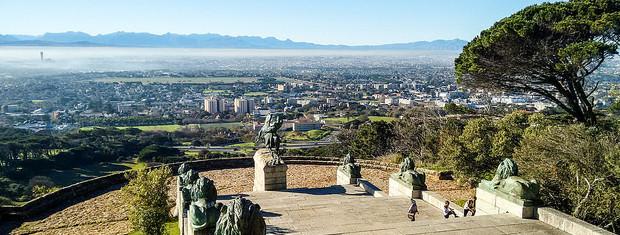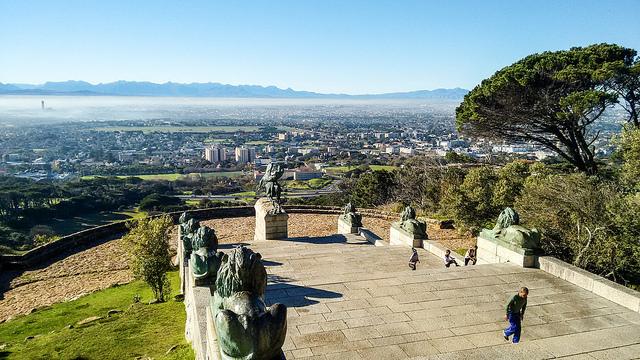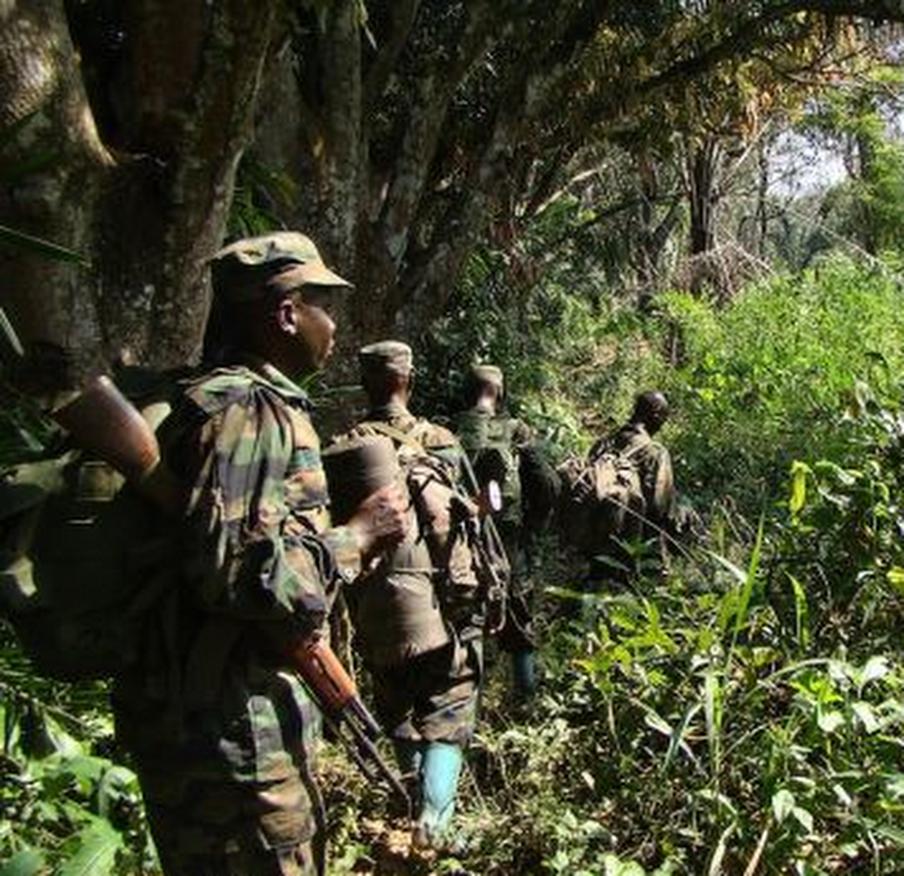Africa: why we need to study economies, not economics

Economists now recognise history and politics matter in understanding African economies. But that should be our starting point, not our conclusion.
In the 1990s and 2000s, economists looking at Africa were typically preoccupied with the continent’s apparent “chronic failure of growth”. The economic literature took it as a given that there was a Bottom Billion and strove to explain why countries were stuck in growth traps. Never mind that the narrative of Africa’s chronic failure only holds true if you ignore the 1950s, 1960s, 1970s and then the 1990s and 2000s.
However, for those economists attempting to tease out a clean causal effect for the lack of growth, it soon became clear causality runs both ways – for example, budget deficits can cause a lack of growth, but lack of growth can also cause budget deficits. Furthermore, the number of potential explanatory variables discovered mushroomed. A survey found that up to 2005, 145 variables had found to be significantly correlated with growth.
What I call the “˜second generation’ of economic growth literature thus took a different tack. It skipped explaining growth in this way and instead put its energies into finding the one root cause that had trapped African economies through history. While previously economists had looked for correlations between slow growth and ongoing growth-inhibiting factors, now they searched for an overarching historical variable that could account for both. The problem of reverse causality was side-stepped, and the search for the answer moved to libraries, archives and yearbooks.
This second generation of literature has now generated a list of variables to rival the first. For instance, low economic growth today has been found to be correlated with colonisation, slave exports, distance to the equator, the plough, high malaria prevalence and many others things. Economists understand that history matters.
However, beyond the correlation between a historical dataset and GDP per capita in the present day, everything else – i.e. the actual history – is still missing. Branko Milanovic has called this particular combination of simplistic history and advanced statistical models “Wikipedia with regressions”. I have come to think this is an insult to Wikipedia.
One of the big findings of this new historical approach is that economists will tell you institutions matter. This much is true. But again, without looking at history and the reality of how institutions and economies really interact, a lot is misunderstood. In what Lant Pritchett calls the “why aren’t you more like Denmark” policy implication, economists in this school of thought look simplistically at the history and suppose that good institutions led to Denmark’s wealth while bad institutions led to, say, Chad’s relative poverty.
But the truth, as economic historians will know, is that institutions evolve in complex ways and that economic history is full of examples of growth coinciding with imperfect institutions – take for example the Gold Coast becoming a leading producer of cocoa in the early 19th century or China’s growth since the 1970s. Good institutions can be a result of economic development, not just their cause.
One may celebrate the fact that economists are more fully recognising that institutions and history matter. But this realisation could end up leading us down the wrong path if we don’t have a meaningful definition of what it means for an institution to be “˜good’. One thing we know for sure is that economic development requires different kinds of institutions at different moments and in different places. And if this is true, then measuring institutions according to a single normative global scale from 1 to 10 doesn’t make sense.
If the current trend in economic literature on Africa is correct in saying that history and institutions matter, the types of regressions researchers are relying on should be abandoned in favour of deep contextual studies of these histories and institutions. Instead of studying economics, we need to be studying economies.
At the moment, the literature has found a relationship between lack of development and having the “˜wrong history’ or “˜bad institutions’. But we need to turn this around and study how African economies work, rather than focusing solely on explaining why they don’t. History and politics matter. But that should be our starting point, not our conclusion.
Morten Jerven is the author of Africa: Why Economists Get it Wrong.








Morten, This is 100% correct. Thanks again, Catherine
Economists study their own reflections in the mirror and claim they are studying Africa.
Economics is the study of human beaviour in relation to the satisfaction of his more urgent wants with the limited resources at his disposal.
As a student of economics, I find this to be very true and insightful…we are trained to apply economic principles instead of contextualization of African economies and what makes them tick.
This is an important reminder to be taken up seriously instead of being driven by prejudices and pessimism.Thanks for the great piece ..
You ought to take part in a contest for one of the finest blogs on the internet.
I’m going to highly recommend this web site!
Here is my blog post … carpet cleaning service in symrna ga
Come perdere la pancia
RodneyAutow
This site was… how do you say it? Relevant!! Finally I’ve found something which helped me.
Kudos!